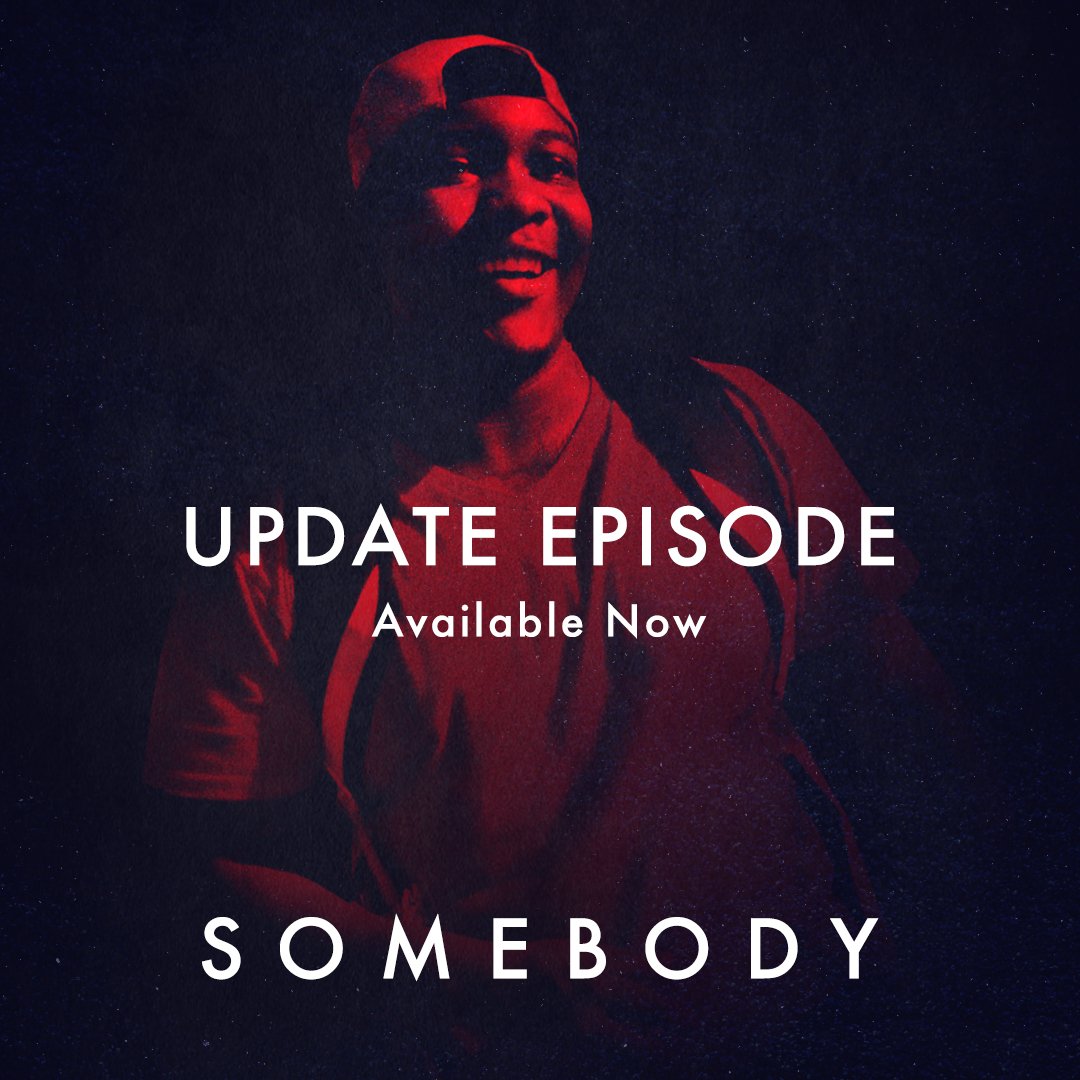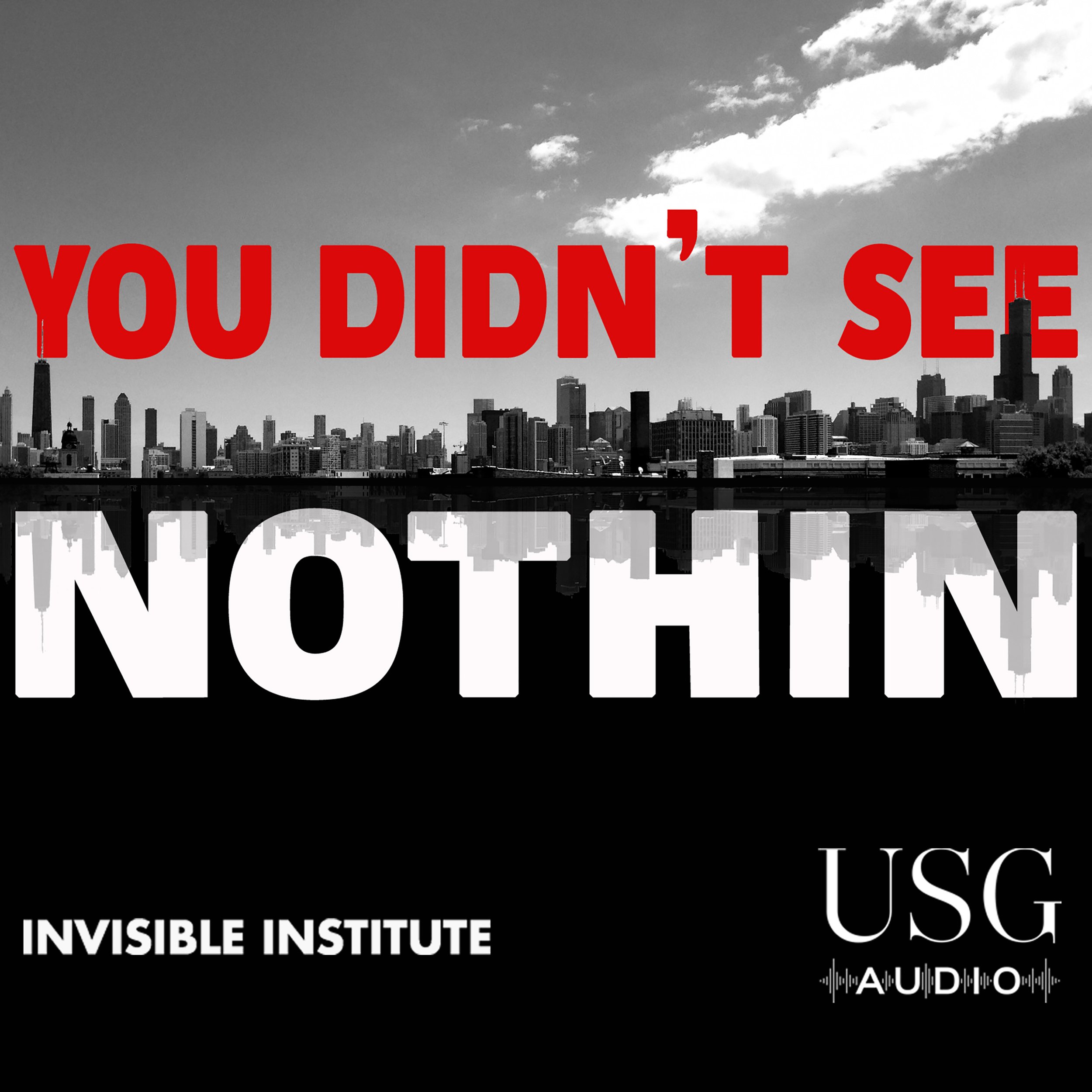“I had a big goose egg on my forehead,” Tianna Morrow recalled, after being pushed down by Urbana police officer John Franquemont. “I busted my head on the cart where the kids put their shoes.”
Morrow and her boyfriend, Lamar DeShawn Phillips, who are both Black residents of Urbana, were sleeping when they were woken up in the middle of the night by police in January 2018. They had crashed on the couch at an apartment rented out by Phillips’ brother. Morrow says they had his permission to be there, but police were called by the brother’s girlfriend, who was also residing in the apartment.
After he refused to leave, Officers Franquemont and Adam Marcotte, both white, moved in to arrest Phillips, and a struggle ensued. Franquemont put Phillips in a headlock, but he slipped out. Phillips attempted to escape through the front door, but Franquemont grabbed him and punched him several times in the face, according to reports by both Franquemont and Phillips.
Morrow tried to plead with the officers, but Franquemont shoved her and she fell back hitting her head on the shelf. When she got up, Marcotte pushed her and she hit her head a second time, she said in an interview with the Invisible Institute.
Read the full article.
This story is part of a partnership focusing on police misconduct in Champaign County between the Champaign-Urbana Civic Police Data Project of the Invisible Institute, a Chicago-based nonprofit public accountability journalism organization, and Illinois Newsroom, which provides news about Illinois & in-depth reporting on Agriculture, Education, the Environment, Health, and Politics, powered by Illinois Public Media. This investigation was supported with funding from the Data-Driven Reporting Project, which is funded by the Google News Initiative in partnership with Northwestern University | Medill.















